At a time when many states continue to drag their feet on fully inclusive LGBT laws and policies, cities are stepping up to ensure that all citizens are treated equally, according to a report issued by the Human Rights Campaign (HRC), the nation’s largest lesbian, gay, bisexual and transgender (LGBT) civil rights organization.
The HRC Foundation’s 2015 Municipal Equality Index (MEI) shows that in every state in the nation, cities are fueling momentum for LGBT equality — and often in states that still don’t have fully inclusive non-discrimination laws.
These stellar Arizona cities earned a perfect 100-point score, helping to set a standard of LGBT inclusiveness with exemplary policies ranging from explicit non-discrimination laws and equal employee benefits, to cutting edge city services. Last year, All three cities earned perfect 100-point scores in 2014 as well.
Shining like beacons of hope, Phoenix, Tempe and Tucson each earned one of HRC’s 31 MEI “All Star” designations. MEI All Stars are cities nationwide that excelled on matters of LGBT equality without relying on state law.
The average score for cities in Arizona is 62 out of 100 points, which falls above the national average of 56. Municipalities that were scored include:
| Chandler | 63 |
| Gilbert | 30 |
| Glendale | 29 |
| Mesa | 50 |
| Peoria | 38 |
| Phoenix | 100 |
| Scottsdale | 51 |
| Tempe | 100 |
| Tucson | 100 |
Key findings contained in the MEI, issued in partnership with Equality Arizona for the state of Arizona, provide a revealing snapshot of LGBT equality in a record 408 municipalities of varying sizes, and from every state in the nation. The cities researched for the MEI include the 50 state capitals, the 200 most populous cities in the country, the five largest cities in every state, the cities home to each state’s two largest public universities, and an equal mix of 75 of the nation’s large, mid-size and small municipalities with the highest proportion of same-sex couples.
“From Mississippi to Idaho, mid-size cities and small towns have become the single greatest engine of progress for LGBT equality — changing countless lives for the better,” said HRC President Chad Griffin. “In just four years, the number of municipalities earning top marks for their treatment of LGBT citizens has more than quadrupled. Simply put, in this country there is an ongoing race to the top to treat all people, including LGBT people, fairly under the law, and it’s time our state and federal laws caught up.”
Forty-seven cities earned perfect 100-point scores, up from 38 in 2014, 25 in 2013 and 11 in 2012, the first year of the MEI.
Other findings contained in the 2015 MEI nationwide report include:
- From the mid-Atlantic and the Great Lakes, to the Mountain states and the American West, cities in every region of the country demonstrated their commitment to LGBT equality, proving that progress is not confined by geography;
- Progress is also not unique to the nation’s big cities: ten cities with perfect MEI scores have populations under 100,000, including Missoula, Mont.; East Lansing, Mich.; Iowa City, Iowa; and Olympia, Washington.
- 47 cities earned perfect scores, up from 38 last year, 25 in 2013 and 11 in 2012.
- Thirty-one cities in 13 states earned the MEI “All Star” designation, for excelling in LGBT inclusion without depending on state laws. Cities including Cincinnati, Tempe, and St. Petersburg all scored above 85 points in states without statewide non-discrimination laws. Nineteen of those “All-Stars” scored 100, up from fifteen last year, eight in 2013, and just two in 2012.
- Cities with a higher proportion of same-sex couples did much better overall, scoring an average of 83 points. And the presence of openly-LGBT city officials and LGBT police liaisons were also associated with higher scores.
- State capitals scored an average of 64 points; and the cities home to each state’s two largest public universities averaged 61 points.
The MEI rates cities based on 41 criteria that fall under five broad categories:
- Non-discrimination laws
- Municipality’s employment policies, including transgender-inclusive insurance coverage, contracting non-discrimination requirements, and other policies
- Inclusiveness of city services
- Law enforcement
- Municipal leadership on matters of equality
The full report, including detailed scorecards for every city, as well as a searchable database, will be available online at www.hrc.org/mei.








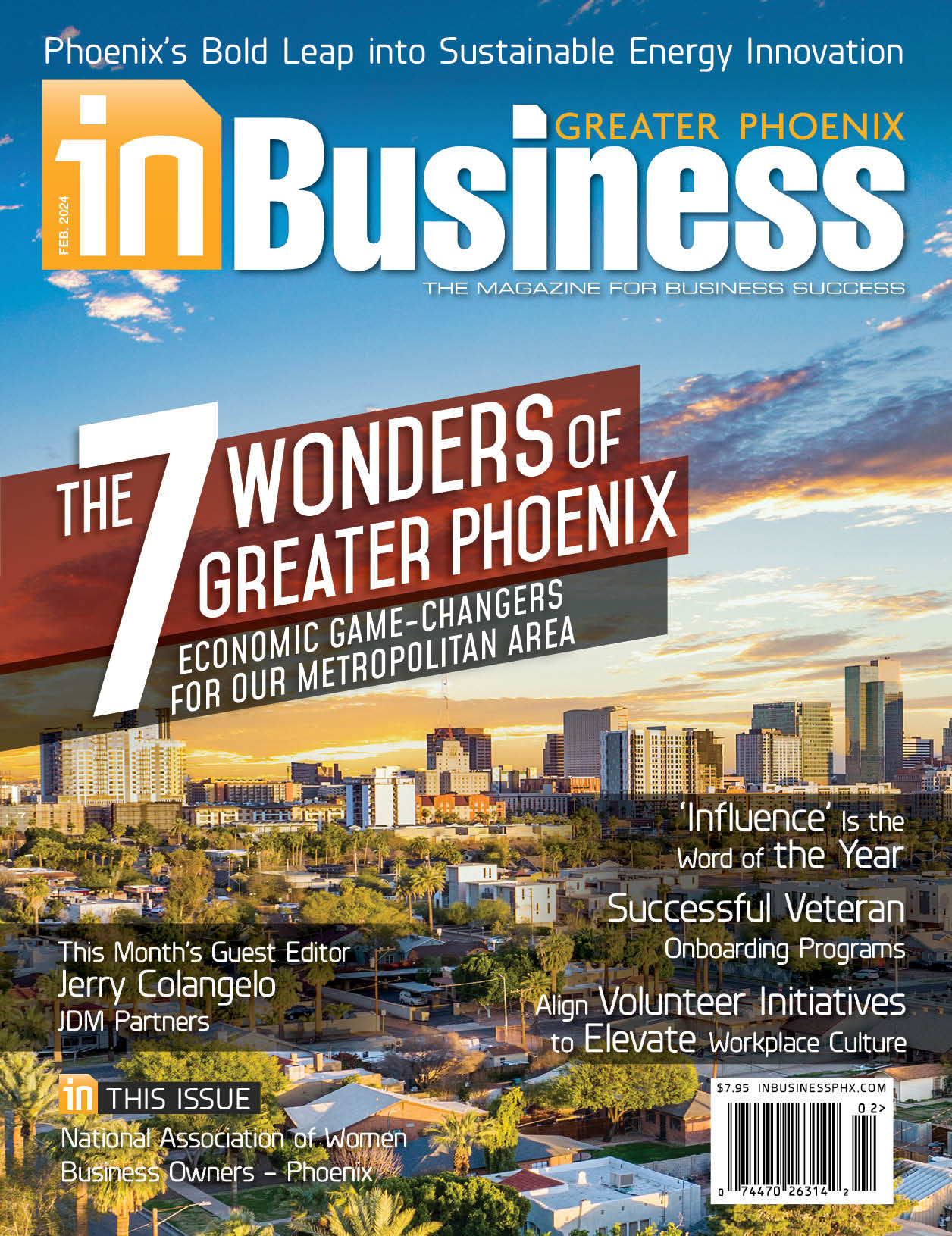
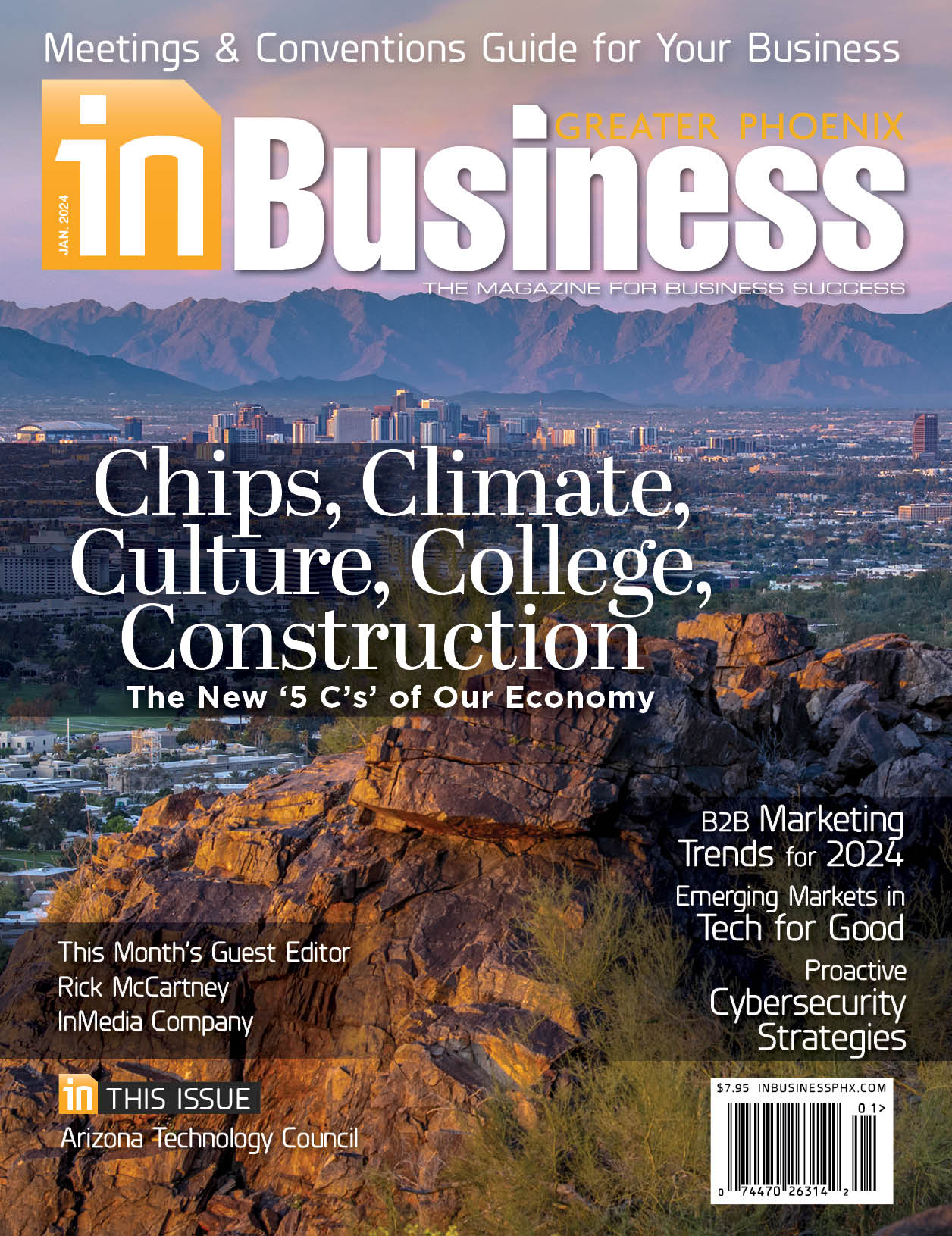
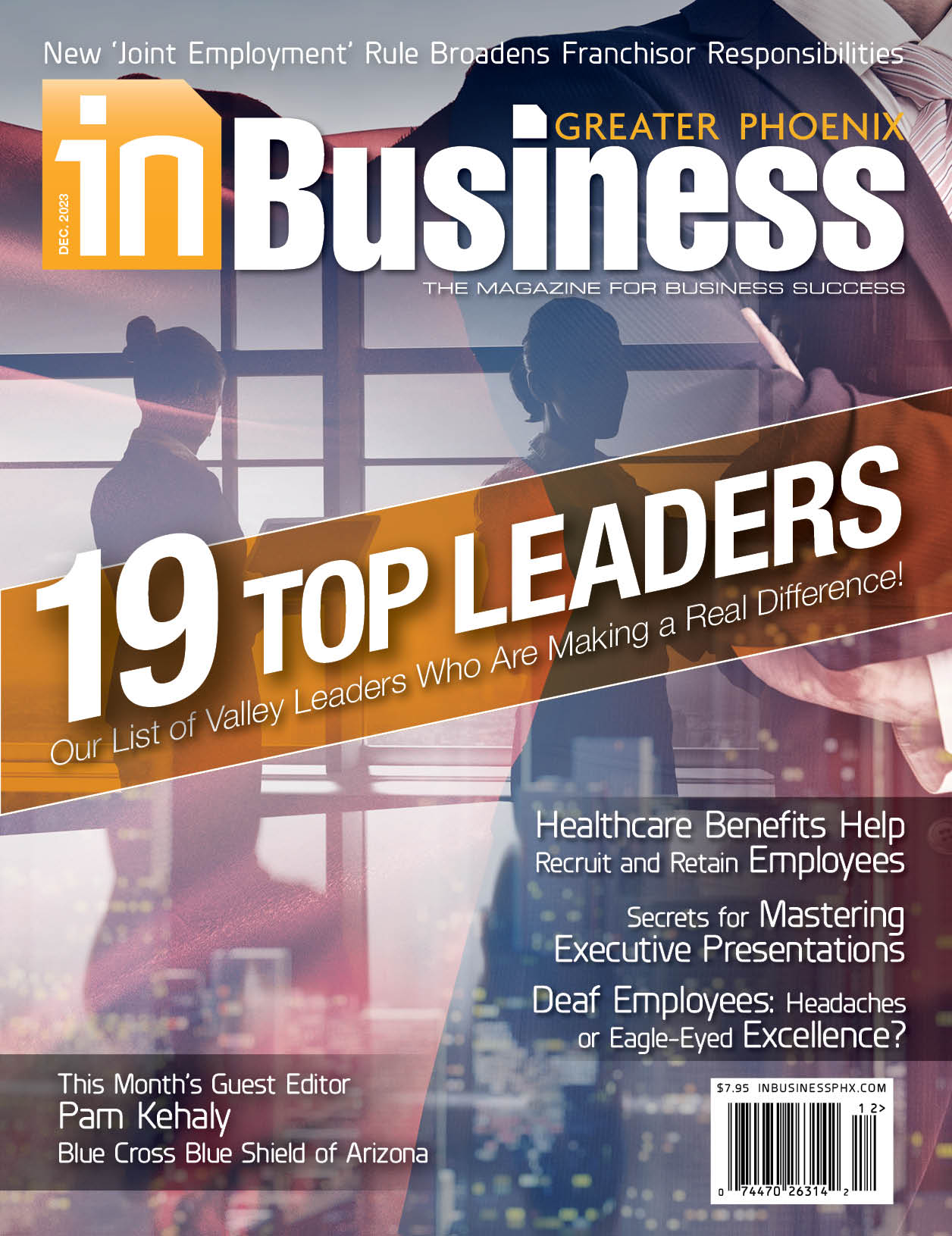
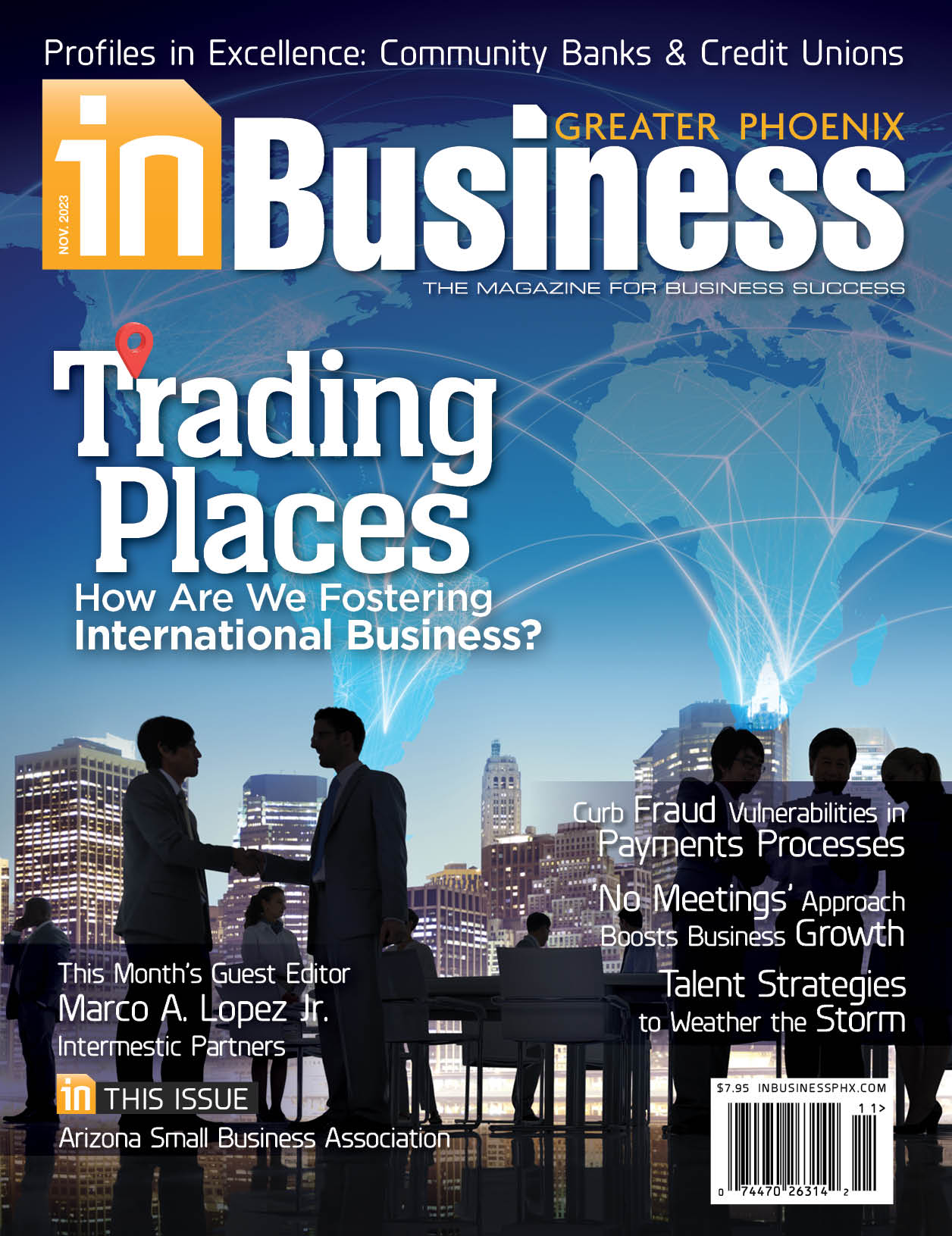
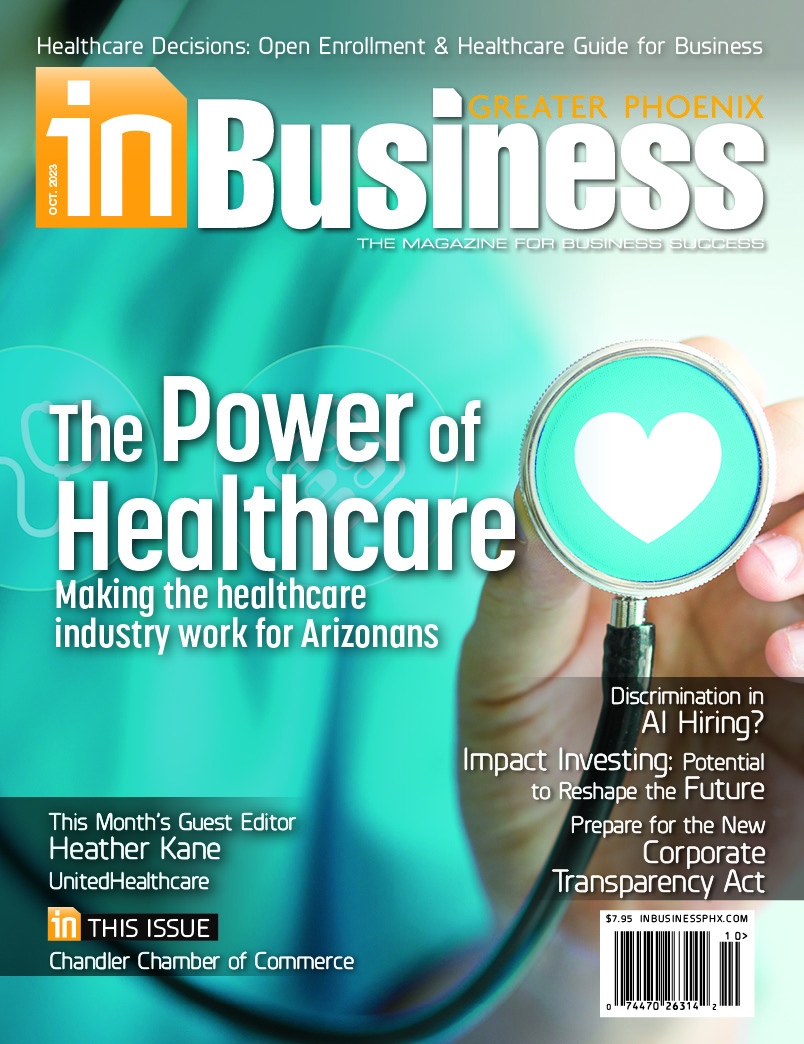
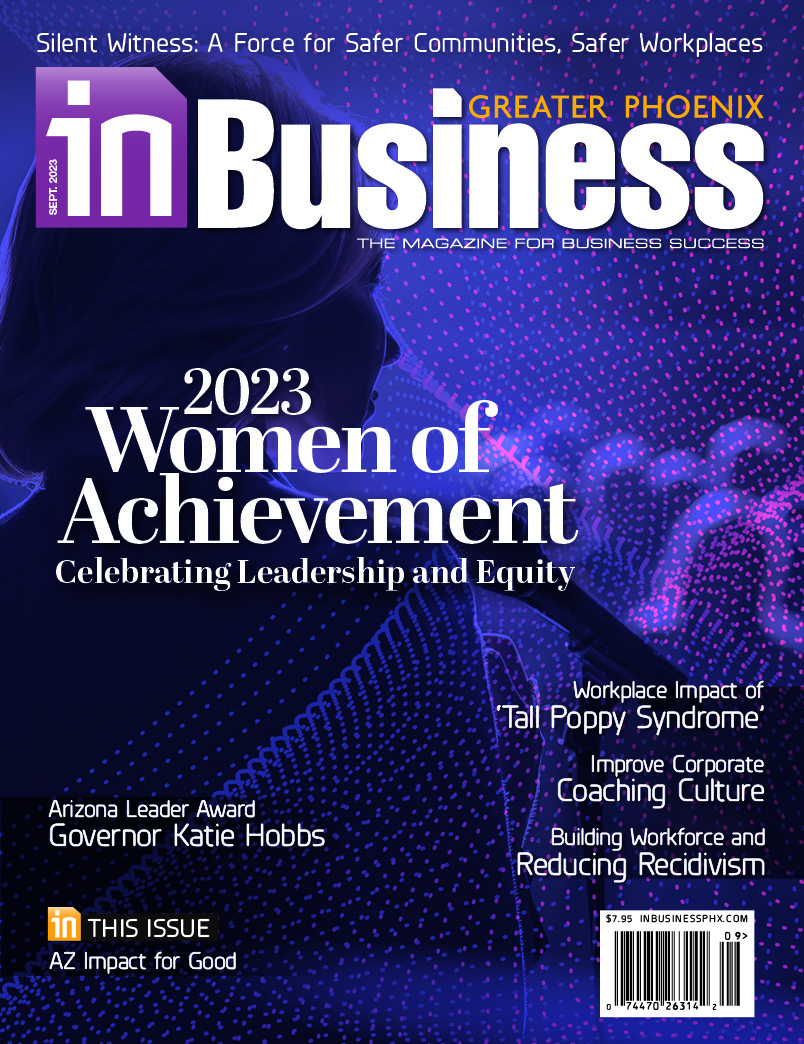
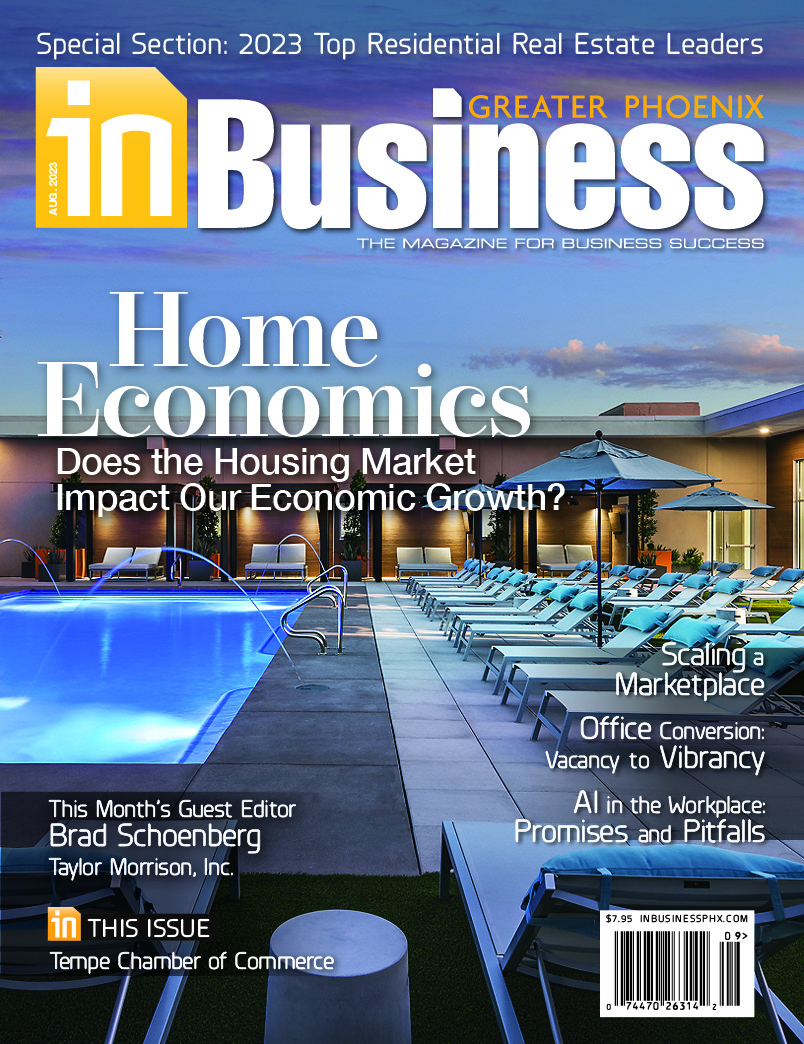
Speak Your Mind
You must be logged in to post a comment.